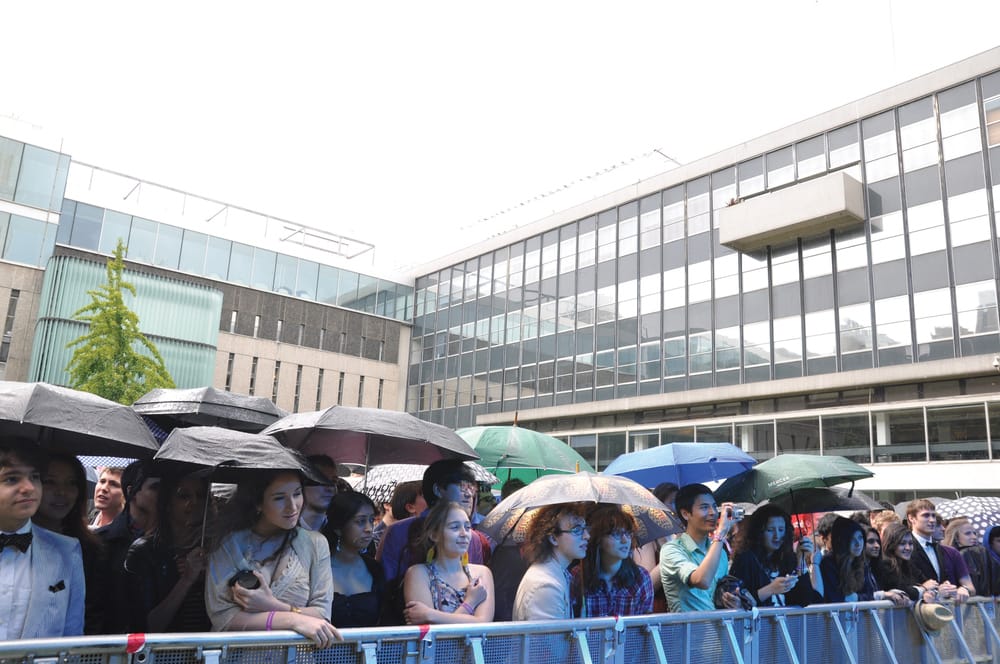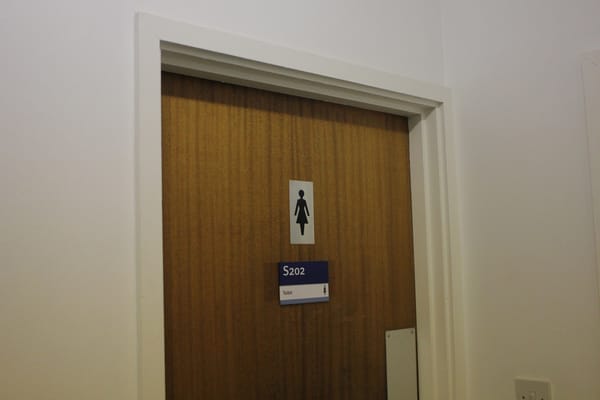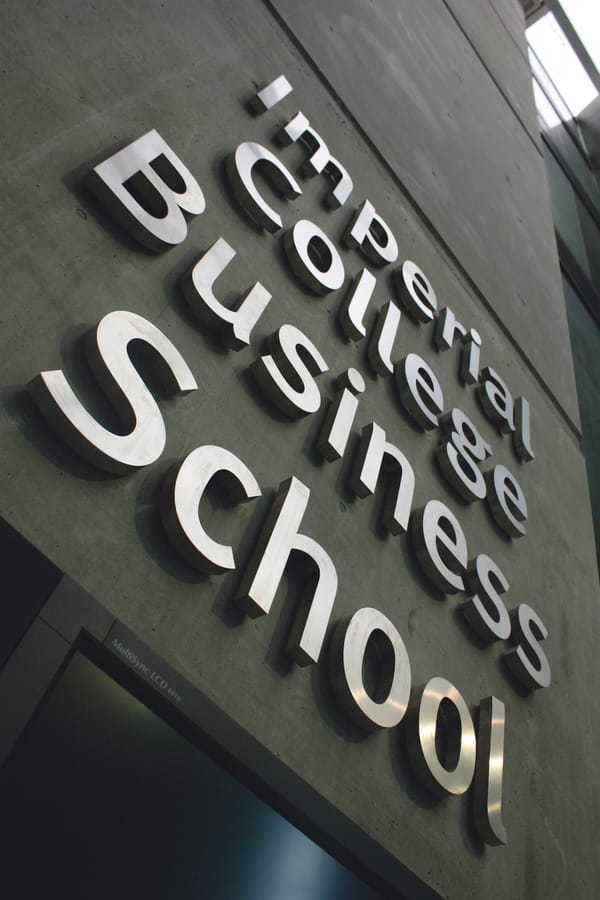Disappointing Summer Ball turnout
Union expected to release Ball finances next week

The Union were forced to hold the Summer Ball two weeks before the end of term this year, instead of the usual one week, because the clash with Glastonbury meant that “acts and equipment” would have been too difficult to hire. Union President Alex Kendall explained that the difficulty in having the Summer Ball at the very end of term, after everybody’s exams, is that first years would be moving out of halls.
The full financial implications of the poor turnout are not yet known but the Union says it will release the full figures early next week; it is still analysing bar sales and tickets sold on the day. However, members of the Union have privately acknowledged that the losses could run into the low tens of thousands.
1269 tickets were sold, with the vast majority of this believed to be Imperial students. Union President Alex Kendall said, “I would suggest not expecting turnout from other [universities] in the future,” although other students would always be welcome. He said that the poor weather in the run-up to the event, and on the day, meant “last minute ticket sales weren’t as good.” In previous years there has been a significant spike in ticket sales in the run-up to the Summer Ball and several hundred on-the-door sales.
However, he also pointed to the live music on offer, like Laura Marling and Ian Brown, saying that “the live acts were great,” and pointed out that the Summer Ball after-party was “packed.” The after-party in the Union had a capacity of 1000 students and ended at 4am. Agreements with the Council and neighbours over noise meant that the after-party could not continue into Sunday as in previous years. The Survivor’s Photo had to be hastily organized by a Felix photographer at the end of the night when it became clear that arrangements had not been made.
Kendall said the Union had been vindicated in removing an explicit black tie dress code and letting people wear what they want at the Summer Ball: “I think we clearly were justified in saying that black tie wasn’t compulsory as people looked comfortable in whatever they were wearing.”
The Summer Ball was split between two stages this year, with student bands in Prince’s Gardens and external acts on the main stage on the Queen’s Lawn. The low turnout meant that Prince’s Gardens, where the food stalls were sited, was virtually empty for much of the day. Kendall admitted that the Prince’s Gardens stage “could have been more full.”
Deputy President (Finance & Services)-elect Michael Foster, whose responsibility it is to plan next year’s Summer Ball, said that he would gauge the reaction of students “and adapt accordingly.” He assured students that any decisions on the direction of the Summer Ball “will be based on student input, opinion and feedback, as well as an objective assessment of the Ball’s success.”
Felix has set up an online Summer Ball feedback form. Tell us what you thought of the Ball if you went, and if you didn’t go let us know why at felixonline.co.uk/summerball







